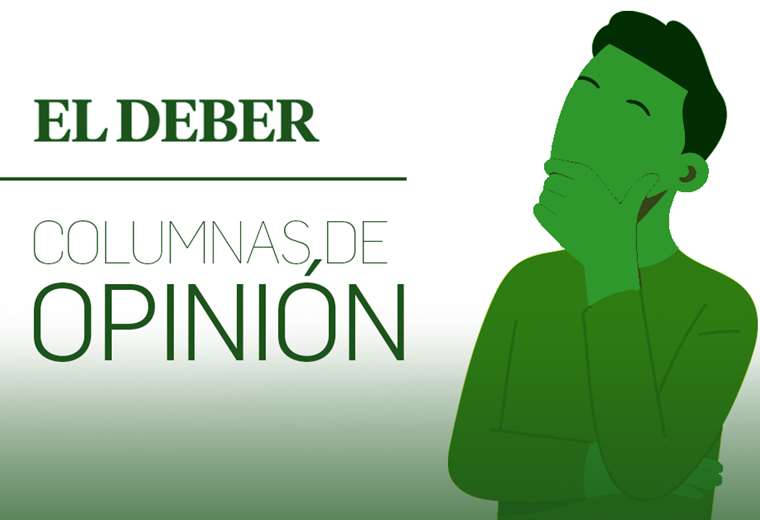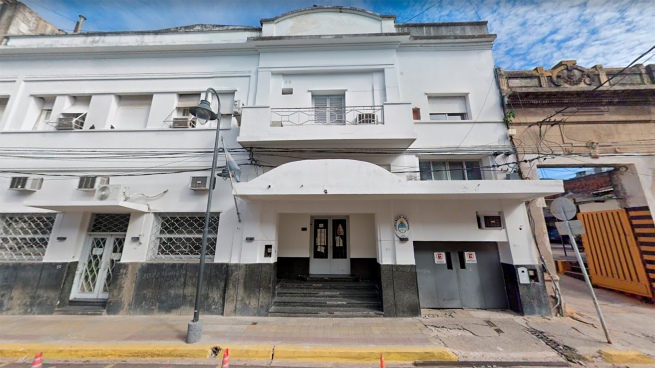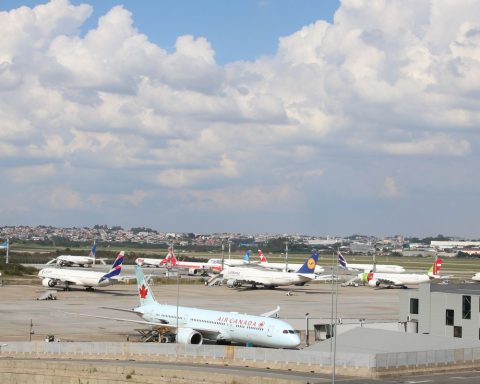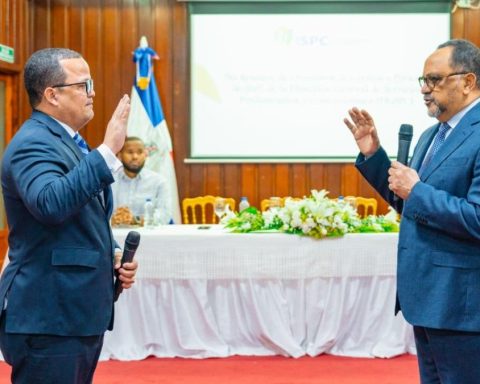By Ronald Nostas Ardaya, industrialist and former president of the Confederation of Private Entrepreneurs of Bolivia
With the same anointing and patriotism as always, we Bolivians have just celebrated 197 years of our independence. The parades, the tribute programs and the tricolor have once again reminded us of the pride of being Bolivians, and the desire to build a free, just and united homeland in its diversity.
As a concession to this commemorative date, the blockades and subjugation in Santa Cruz, and the clashes in La Paz were postponed; however, the truce lasted just two days because the conflicts have returned, with its sequel of violence and intolerance.
The celebration of August 6 also served to listen to the protocol and successful message of our rulers, who have little to do with the reality of the majority of Bolivians. The official discourse has described a country with tranquility and social peace, a buoyant economy, employment, freedoms and guaranteed rights, omitting a necessary self-criticism for the complications of management, and avoiding referring to the great and growing problems of informality, insecurity, precarious work , corruption and crisis of justice.
But the problem is not only of the national government nor is it limited to this management. The gap that, for years, has separated citizens from the political class is getting wider, and is widening due to mistrust of some and ignorance of others. Bolivian politicians, almost without exception, have lost their ability to listen so much that they cannot even hear their own voices; they have given up seeing the reality of the people and virtual worlds have been built where there are only games of power, without laws or morals, without responsibilities or commitments.
The National Parliament, whose function is to elaborate the norms that guarantee compliance with the Constitution, represent the interests of all Bolivians and watch over the transparency of the administration of the State, has become a bland and lackluster entity, with no more independence than the will of the political leaders and without more initiatives than those emanating from the Executive Branch.
The first power of the State, where the most capable and honest men and women should be, replaced the debate of ideas, proposals and arguments with insults and disqualifications between officials and opponents, and the repetition of propaganda phrases extracted from ethereal narratives that reflect an inconsistent and irrelevant imaginary.
The unity of Bolivians is at risk again, due to the irresponsibility of those who understand politics from the petty strategy of confrontation. The belligerence between right and left; good’s and bad’s; own and others; it is part of the conspiracy of those who divide to reign, or worse still, of those who believe in the fatality of a fratricidal struggle between brothers as the only way to unblock differences and conflicts.
Social protests – some of them legitimate – no longer seek the benefit of their sectors but the harm to their opponents. The social leaders, who also respond to political interests, no longer intend to affect the Government but rather the people, and the deeper the damage to the economy, health, education and people’s tranquility, they consider it more successful.
Compliance with the law is an exoticism, and reaches only citizens who lack power and influence, while the overwhelming, violent, abusive or corrupt are exempted, if they are part of the groups linked to the power of the day. , who control the administrators of justice.
The right to decent work and free enterprise is less and less respected. Contraband, the gigantic bureaucracy, the barriers to production, tax overpressure, irrational wage costs, constant blockades and now even the growing citizen insecurity, are barriers that entrepreneurs must deal with every day, in the midst of neglect and total helplessness.
An issue as important for planning as the National Census has become a source of discord and confrontation, and once again politicians have prioritized demagoguery, electoral calculation, harm to the enemy and the need for repositioning, to decide on measures and actions, which in fact will mean the postponement of development and the deepening of polarization.
Seeing in perspective the civility and unity of citizens against the bitterness and radicalism of their representatives; and the natural wealth of the country in the face of the poverty of its inhabitants, we confirm once again that Bolivia simply does not deserve to have a political class that does not genuinely represent its values of patriotism, brotherhood and work.

















